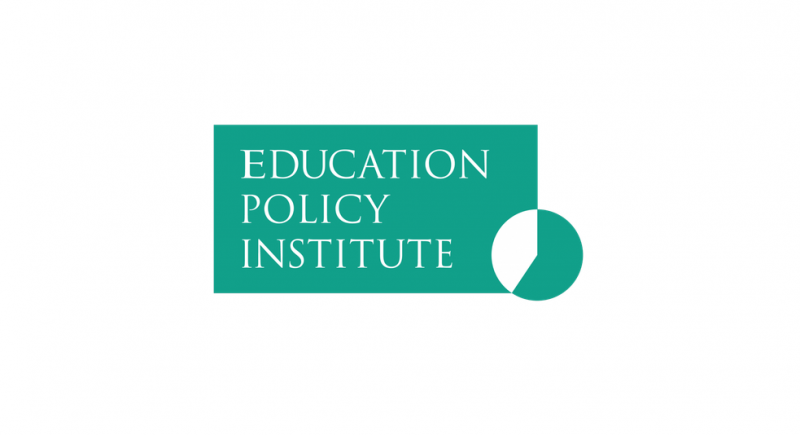
The geography of need
Where young people are growing up in the UK affects their opportunities and life chances.

The link between economic disadvantage and educational underachievement permeates every stage of a young person’s education.
Academic attainment is a crucial factor in determining the options available to young people when they leave school. Young people facing disadvantage often begin their education already lagging behind due to a range of factors such as local social influences and enrichment interventions, and this academic disparity widens as they progress through education. School closures have exacerbated the attainment gap, and while the gap is starting to narrow post-pandemic, we are now starting to see the long-effects of the loss of learning.
Pupils from disadvantaged backgrounds are now 10.3 months behind their peers at the end of Primary school (Education Policy Institute, 2024). By the time they finish GCSEs, they are 19.2 months behind their peers – the biggest gap since 2011. In Scotland, the attainment gap has widened at National 5, Higher and Advanced Higher (SCQF level 5, 6 and 7) in comparison to 2019, despite the Scottish Attainment Challenge, a major government intervention.

Those exposed to disadvantage for the longest period of time have the poorest outcomes. The rising child poverty rates is hence extremely concerning and will have detrimental effects on academic attainment. Exam outcomes are now comparable with pre-pandemic levels, and has revealed the devastating effects of the pandemic in widening attainment gaps - crucially, the disadvantage gaps for 11 to 16 year olds are at their widest since 2011.
Read the report hereChild poverty rates have grown since 2012. Despite high quality education available in the UK, by the age of 5, there is already a gap in level of development between students eligible for Free School Meals and those who are not. The report also highlights the importance of academic qualifications on future earnings - those with an A level qualification earn about 16% more than those without, while those with a degree earn approximately 48% more.
Read the report hereOur work is based upon sound public research into both the need for our work and the effectiveness of our approach. Find out more about the barriers young people are facing below.

Where young people are growing up in the UK affects their opportunities and life chances.

Young people from disadvantaged neighbourhoods are significantly less likely to progress to university or any further education, employment or training than their more privileged peers.

We believe that everyone should have the opportunity to access the benefits Higher Education can provide.

Early intervention is key in breaking down barriers to education and encouraging young people to think about their futures before their attitudes towards study become fixed.